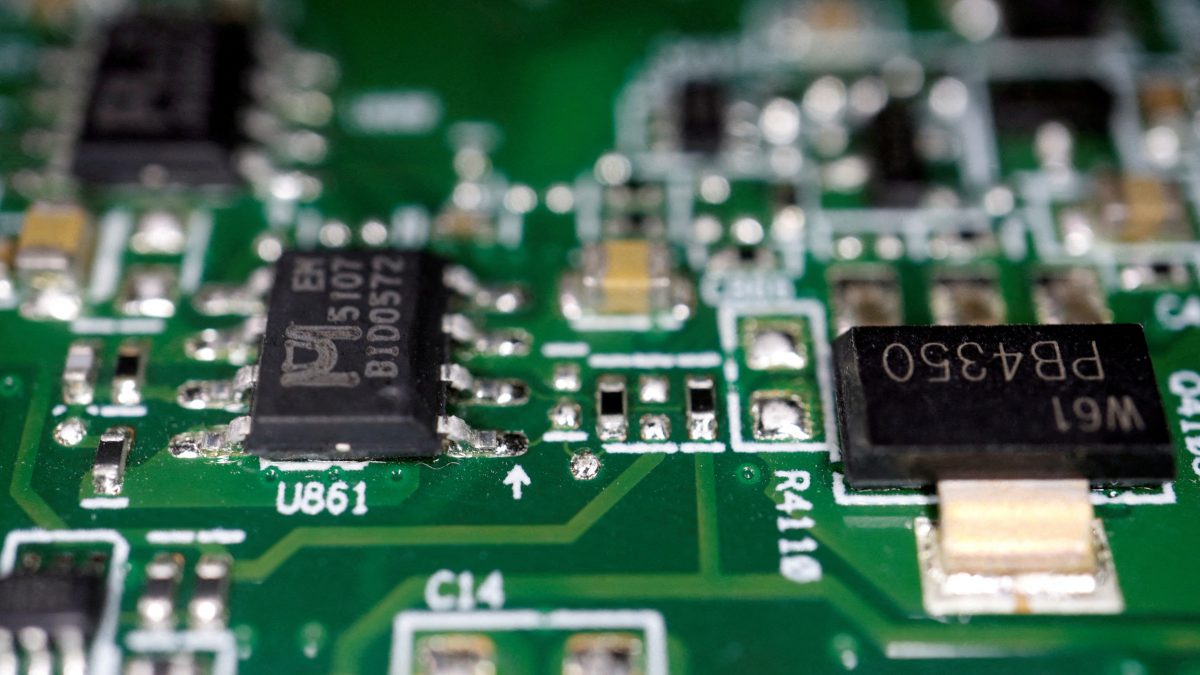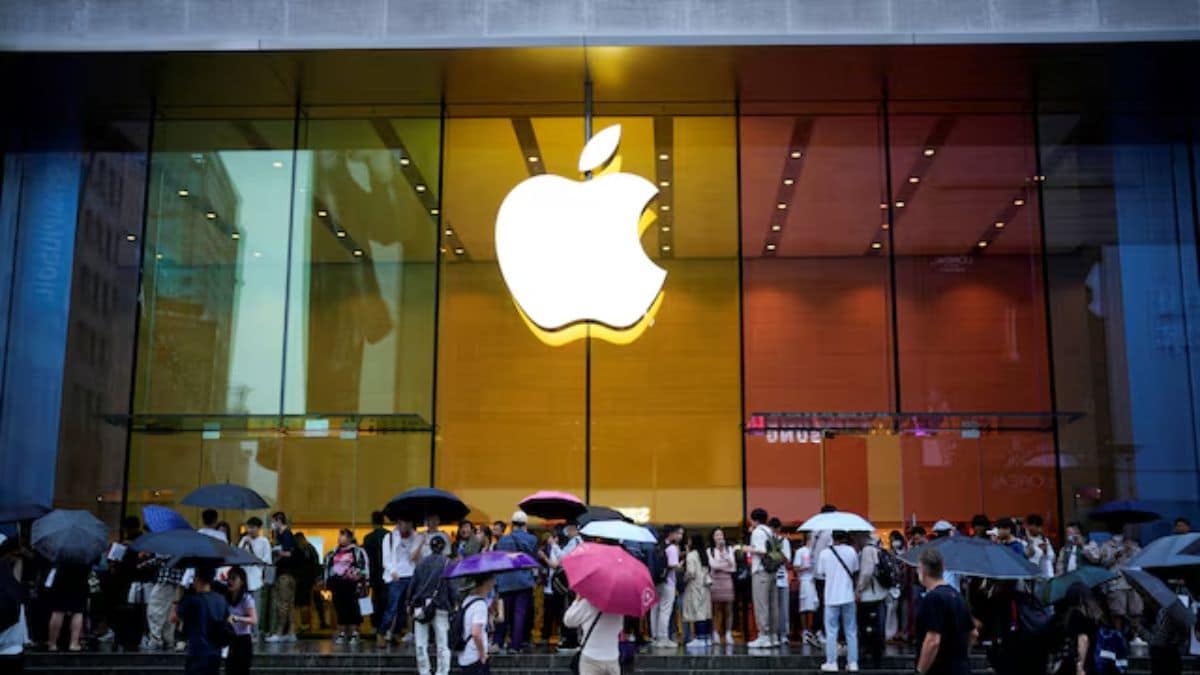Chinese technology giants Alibaba Group and Baidu have reportedly begun training their artificial intelligence (AI) models on chips developed in-house, in a move that reflects Beijing’s broader push to reduce dependence on US technology.
According to a report by The Information, Alibaba has been deploying its Zhenwu processors for smaller AI models since early 2025, while Baidu has started testing its Kunlun P800 chip to train updated versions of its Ernie AI model.
Both companies had long relied on Nvidia’s high-performance processors, which have powered much of the global AI boom. However, escalating US export restrictions have tightened access to the most advanced semiconductors, prompting Chinese companies to accelerate efforts to build and adopt their own chips.
Policy shift and geopolitical undercurrents
Industry analysts suggested that this shift reflects more than a corporate technology choice. It mirrors Beijing’s strategic response to Washington’s use of tech supply chains as tools of leverage in diplomacy.
Under President Donald Trump, US authorities had increasingly restricted the sale of advanced Nvidia processors to China, a policy continued and intensified in subsequent years. The Chinese government, in turn, has pressured domestic firms to rely more heavily on homegrown alternatives, seeking to foster technological self-sufficiency and reduce exposure to Western supply chains, Reuters reported.
The move signals what observers described as a deepening of China’s decoupling from the Western semiconductor ecosystem. By urging national champions like Alibaba and Baidu to adopt domestic solutions, Beijing is both insulating its AI sector from future US curbs and positioning itself to challenge American dominance in advanced chip design.
Impact Shorts
More ShortsNvidia’s waning grip on China
While Alibaba and Baidu have not fully abandoned Nvidia, the trend poses risks to the US company’s foothold in one of its largest markets. Nvidia’s China business has already been constrained by restrictions preventing the sale of its top-tier H100 and Blackwell processors.
The H20 chip—the most advanced version the firm is still allowed to export—remains more powerful than most Chinese alternatives. Yet insiders told The Information that Alibaba’s chips now rival the H20 in performance, suggesting that US restrictions may have accelerated Chinese competitiveness rather than curbed it.
Nvidia has acknowledged the mounting competition. Responding to reports of Alibaba and Baidu’s chip adoption, a company spokesperson said, “The competition has undeniably arrived,” while emphasising Nvidia’s continued efforts to win support from developers globally, Reuters reported.
Balancing between performance and independence
Despite progress with homegrown chips, Alibaba and Baidu continue to use Nvidia processors for their most advanced models, reflecting a trade-off between performance and strategic independence. Analysts note that while Chinese chips have improved significantly, Nvidia’s most powerful hardware still provides greater stability and efficiency for training large-scale AI systems.
However, the very fact that Alibaba and Baidu are confident enough to integrate domestic chips into their AI development marks a turning point. It suggests that reliance on foreign suppliers is no longer absolute and that performance gaps are narrowing quickly. According to The Information, some employees within Alibaba described its in-house processors as already competitive with Nvidia’s restricted offerings.
Implications for the global chip race
The developments highlight how US export controls, designed to slow China’s AI advances, may instead be accelerating a technological split between the two economies. By forcing Chinese firms to invest in alternatives, Washington risks fuelling Beijing’s determination to achieve chip independence sooner than expected.
Meanwhile, Nvidia continues to seek ways to maintain its China market share. The company’s chief executive Jensen Huang recently disclosed that discussions with Washington were underway to secure approval for exporting a scaled-down version of its next-generation chip.
Reports also suggested that Nvidia had reached a deal with former President Trump’s administration, agreeing to hand over 15 per cent of its China sales revenue from H20 chips in exchange for export licenses.
A decisive turn in AI competition
The adoption of self-designed processors by Alibaba and Baidu reflects a decisive moment in the global AI race. For Beijing, it represents progress toward the long-term goal of technological sovereignty. For Nvidia and other US chipmakers, it reflects the challenges of navigating geopolitical rivalries that directly impact business strategy.
As China’s AI leaders embrace their own hardware, the world’s semiconductor competition is set to intensify, with far-reaching consequences for the balance of technological power.


)

)
)
)
)
)
)
)
)



